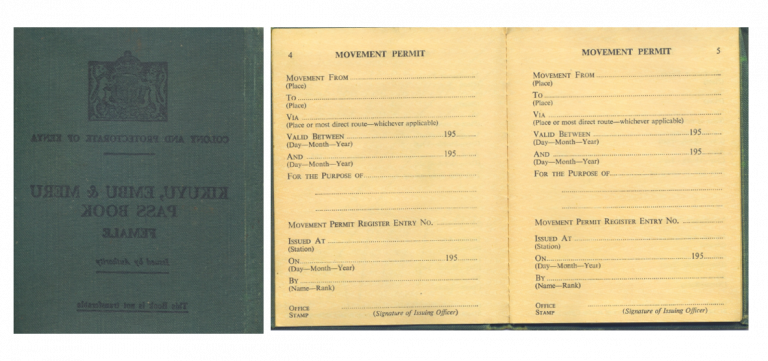Dr Keren Weitzberg Receives U.S. Scholar Award to Kenya for new project
19 September 2019
UCL History is delighted to announce that the U.S. Department of State and the J. William Fulbright Foreign Scholarship Board have awarded Dr Keren Weitzberg a Fulbright U.S. Scholar Program award to complete research in Kenya.

Fulbrighters address critical global challenges in all disciplines and alumni have achieved distinction in many fields, including 59 who have been awarded the Nobel Prize, 84 who have received Pulitzer Prizes, and 37 who have served as a head of state or government!
Dr. Weitzberg will conduct research in Nairobi as part of a project that examines the history of biometrics and identity cards. From fingerprint to iris scans, biometrics—the application of statistical analysis to biological data—is increasingly part of people’s lives, especially in postcolonial countries such as Kenya. Though often portrayed as a frontier market for cutting-edge biometric technologies, Kenya has a long and fraught history with fingerprinting, which was used by British colonial authorities to monitor and discipline African laborers.
Dr. Weitzberg's project asks: How have East Africans harnessed, transformed, and subverted biometric technologies since they were first introduced in the early twentieth century? Can an identification and registration technique long associated with colonial extraction be a means of accelerating political and financial inclusion for the world’s poor, as many proponents suggest? Supporters argue that biometrics will enable African countries to “leapfrog” to new stages of development. This project flips the script by showing that while digital biometrics is a novel technology, it is layered atop an older, analog history.
Dr. Weitzberg, who is a Teaching Fellow at UCL History, said "The Fulbright will be a wonderful opportunity for me to pursue research into the history of ID cards and biometrics in Kenya".
 Close
Close

